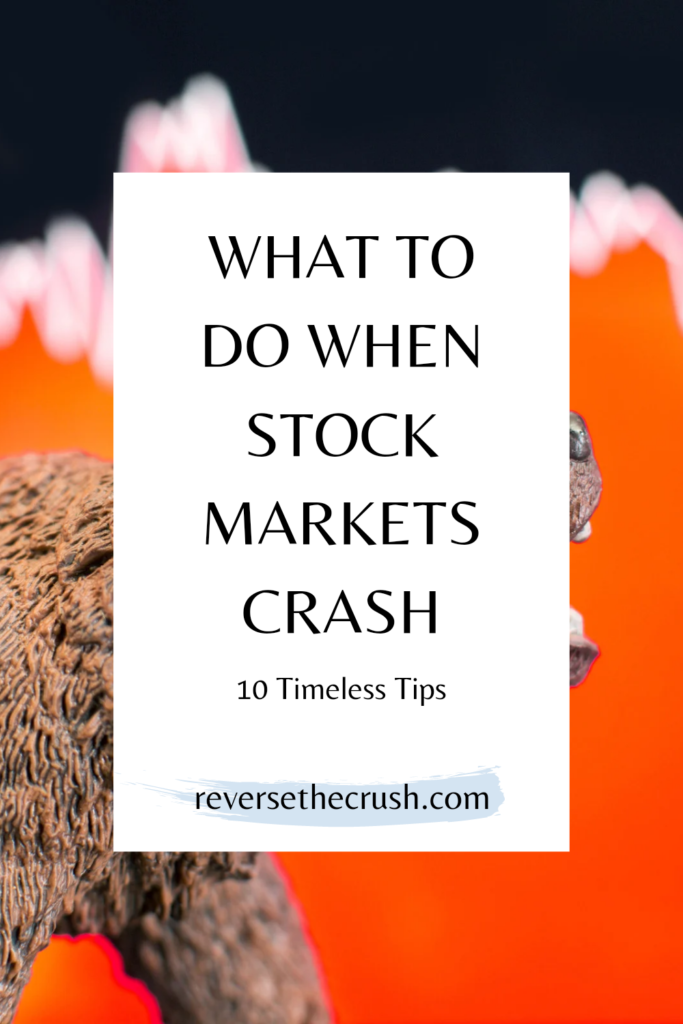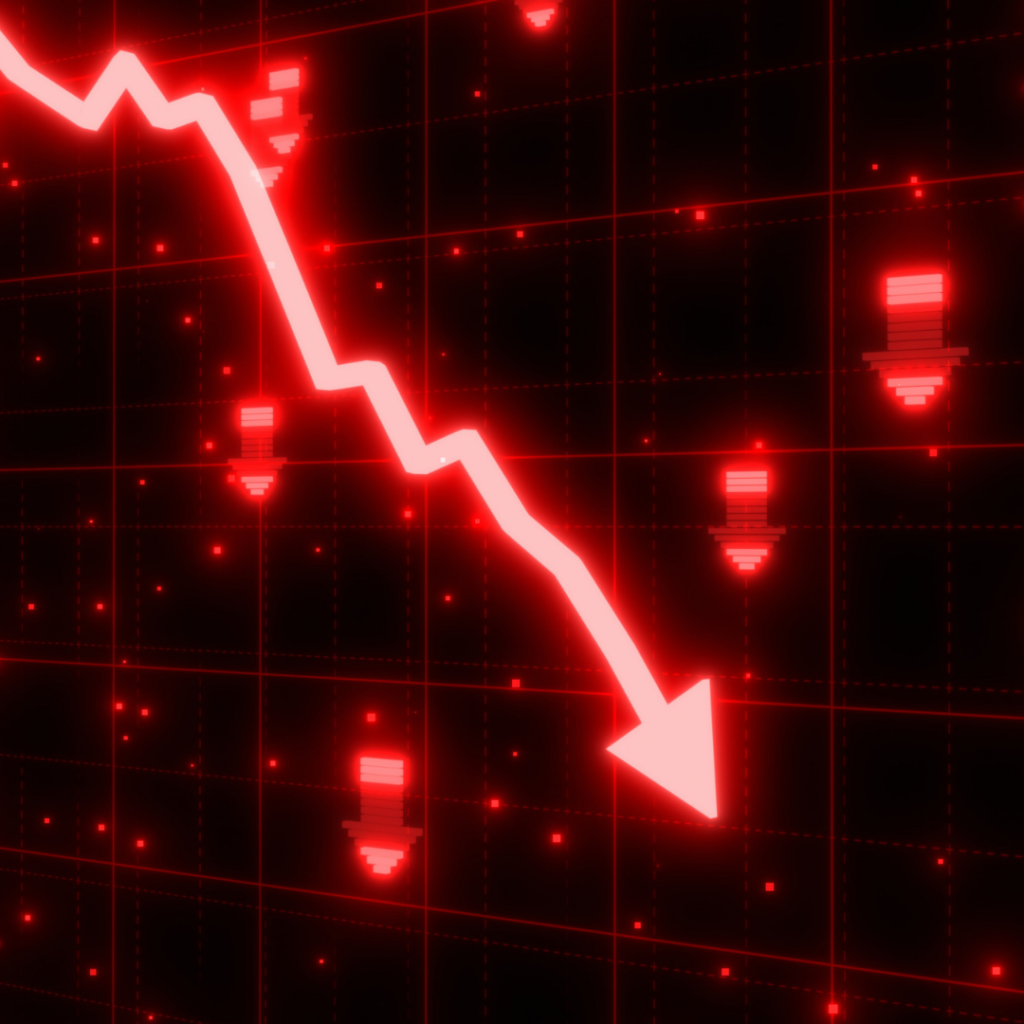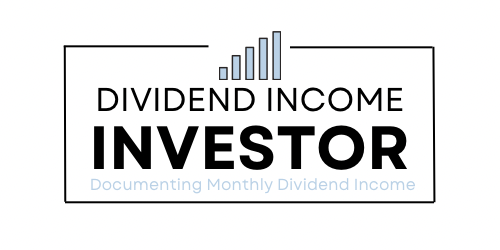What to do when stock markets crash — 9 timeless tips to remember in volatile markets. Focus on fundamentals, not stock price fluctuations. I am not a licensed investment advisor and his post is not investment advice.
Besides value stocks, the market has taken a significant dive over the past month.
As of February 18, 2022, the S&P 500 is down -8.76%, which is borderline correction territory.
On the other hand, the Nasdaq is in full blown correction mode, as it is down -13.40% year to date.
For the most part, this is largely due to high inflation. Technology stocks are notorious for underperformance during periods of high inflation.
In truth, none of this really matters for intelligent investors though. It’s just noise. There are more important metrics to focus on.
Frankly, I was getting weary of unexperienced investors bragging and predicting excessively high returns with absolute certainty.
But since the stock market pulled back, I feel a little more at ease again. The investors who get excited about stock market declines are the real investors.
Real investors don’t focus on short term stock price fluctuations. They know what to do when stock markets crash.
In this post, I aim to show you what to focus on when stock markets crash.
Let’s dive in.

What To Do When Stock Markets Crash
Unexperienced investors focus simply on stock prices.
They think a company is performing poorly when a stock’s price declines, and they think a company is doing well when a stock’s price is up.
Of course, the price of a stock is not unrelated to a company’s performance. But there are also times when stock markets unjustifiably price stocks either too high or too low.
At the end of the day, you have to look at a company’s performance, not the stock price movement.
Below are 9 timeless tips on what to do when stock markets crash.
What To Do When Stock Markets Crash (9 Timeless Tips)

1. Focus On The Business, Not The Stock
To put it bluntly, it irritates me when I see people assume a company is performing poorly because the stock price is down over a short period of time.
Over the past week, I have watched people tweet negative statements about Shopify and Palantir after both stocks fell after earnings.
I saw tweets about Shopify’s (SHOP) stock price spanning over a 3 month time frame — this is obviously too short of a time frame to judge a stock on (zoom out 3 to 5 years and see what the performance is).
I saw others claiming Palantir was a failed investment because the stock is down over the past year. Again, we are talking about a one year time frame, which is too short.
Frankly, these are the same people that would have put Tesla down while it was unprofitable and still trading under $100 per share.
In short, these “investors” who put down stocks because the share price is down in the short term are focused on the wrong numbers.
Rather than focus on the stock price, focus on the business instead.
For example, Palantir (PLTR) grew revenue by 41% year-over-year, commercial revenue is up by 47%, they have no debt, and have over $2 billion on their balance sheet.
Simply put, Palantir is in a much better financial position than it was a year ago when the stock was trading higher.
Of course, you could argue it was overvalued and it probably was. But the company is in a better position than they were a year ago, yet the stock price is trading lower.
In this situation, you could make the case the Palantir is actually a buy and the market has unjustifiably sold the stock.
Alternatively, if the company’s revenue was shrinking or they racked up a bunch of debt, you could justify the stock price dropping.
2. Focus On Revenue Growth, EPS, Profit Margin, Market Share, Debt, Valuation, Dividends, Payout Ratio — Not Stock Fluctuations
To reiterate my last point about focussing on the business instead of the stock price, I will elaborate on the correct numbers to focus on.
Instead of judging a company by its stock price, investors should judge a company based on its revenue growth, earrings per share growth, profit margin, market share, debt, valuation, dividends, and payout ratio.
So when a stock you own comes crashing down, check their most recent financial report and consider the following:
- Is revenue still growing?
- Is revenue growth slowing?
- Are earrings per share growing?
- Are they buying back stock?
- Is the profit margin expanding or shrinking?
- Are competitors catching up?
- Is the debt position worse?
- Is the company overvalued relative to earnings or sales?
- Did the company cut or slash its dividend?
- Is the dividend still growing?
- Is the dividend payout ratio reasonable?
- Has the management changed?
After running through the numbers and considering those questions, you should know whether the lower stock price is justifiable.
If the fundamentals of the company have improved, it’s probably time to buy more shares.
3. Be A Contrarian
The popular opinion is usually wrong. Group think has been historically wrong, and it has led to horrendous consequences in some cases.
In my view, the contrarian investor has a tremendous advantage over individuals who can’t think for themselves.
Frankly, I think the reason average people aren’t good at investing is that most people can’t make a decision unless it’s what the majority believes. A lot of people can’t see something until everyone sees it. They don’t trust the numbers or the data.
History proves this to be true. Sports proves this to be true. Society proves this to be true over and over again.
Allow me to use sports as an example. More specifically, Lebron James, a basketball player on the Los Angeles Lakers. I knew he was going to be great from the first game he ever played in the NBA. It was obvious because of how athletic he was, his passing ability, his ability to finish with either hand, and his leadership at a young age. You could go back to and ask anyone who knew me at the time — I was bullish on his career.
However, a lot of people thought he was overhyped, a poor shooter, or just flat out overrated. But the popular opinion turned out to be wrong. Now most people consider him as the 2nd best player of all time. That has become the popular opinion.
Anyways, instead of listening to the popular opinion when the market crashes, be a contrarian and think for yourself.
“In the short run, the market is a voting machine but in the long run, it is a weighing machine.” — Ben Graham
4. Observe The Sector To See If It Is Part Of A Broader Sell Off
It’s important to know if a sell off is part of a broader stock market sell off or just because the stock you hold is underperforming.
In turn, you can make more informed investment decisions.
For instance, growth stocks have been beaten up over the past two months because of inflation.
If you are a growth stock investor who is aware of this, you are less likely to panic about one of the growth stocks in your portfolio selling off.
Personally, I like to keep a stock watchlist of growth stocks and a separate list which follows value stocks. This way, it’s easy to know when a broader sell off is occurring.
If my growth stocks are significantly down on a particular day, I can quickly check my growth stock watchlist to see if all growth stocks are down.
If my growth stocks are the only stocks down and all the other growth stocks are in the green that day, it’s probably related to the growth stocks I hold and not because growth stocks are down in general.
5. Diversify Holdings
During periods of high inflation or market sell offs, it’s important to diversify well.
This was the advice that legendary investor and Bridgewater Associates founder, Ray Dalio, prescribed during a recent CNBC interview. If there is anyone who knows what to do when stock markets crash, it’s Ray Dalio.
His advice was diversify across countries, currencies, and asset classes to protect and balance your portfolio.
Essentially, investors can protect downside risk by diversifying well.
Ideally, not all of your assets will be negatively affected during a market meltdown.
For example, if you hold gold and stocks, gold might go up in value when stocks go down or vice versa.
6. Do Not Panic Sell!
The most important quality an investor can have is a calm temperament.
It’s much more important than IQ or how educated a person is.
Because if an investor has a calm temperament, they won’t panic sell and lock in a loss when the markets are volatile.
To avoid panic selling, you have to think about stocks the same way a business owner thinks about a business. A business owner isn’t going to sell a profit-generating business just because the economy has a bad year.
Similarly, a home owner doesn’t sell their home out of fear that interest rates will decrease the value. They need a place to live and real estate is a tangible investment, so homeowners don’t panic sell their home.
In the same way, the last thing an investor should do is panic sell a great business as a reaction to a volatile market.
“We have seen much money made and kept by ordinary people who were temperamentally well suited for the investment process than by those who lacked this quality, even though they had an extensive knowledge of finance, accounting, and stock market lore.” — Ben Graham, The Intelligent Investor.
7. Do Not Start Trying To Time The Market
Some investors start trying to time the market because they think they know what to do when stock markets crash.
First off, most retail investors lack the time to be able to properly time the market. Their day jobs, kids, and busy lives simply do not afford the time necessary to research.
Furthermore, most retail investors are not economists. And even economists are frequently wrong about what’s happening in the market. The Federal Reserve thought inflation was transitory until it wasn’t. They were either lying or even they can’t predict what’s going to happen in the market.
If that’s not enough to convince you not to time the market, consider that you are competing with hedge funds, algorithms, and other retail investors.
In my opinion, the main advantage that retail investors have is time. By attempting to time the market, investors are literally destroying their main advantage.
8. Invest More And Average Down Into Great Businesses
Instead of thinking you can sell at the top and start buying again at the bottom, investors should use existing positions as a barometer to buy stocks.
When the stock market crashes, this is the time for long-term investors to start getting more aggressive with buying stocks.
When the stock market is at all-time highs, it’s time for investors to be more selective about their investment choices.
9. Remember That Great Businesses Don’t Go To Zero
In all honesty, it amazes me when average people are scared of investing.
I mean, if you invest in a great business, do you really think the stock is going to zero?
That could only happen if you invest in garbage companies.
It’s the same for panic selling. It makes no sense if you step back and think about it.
Instead of panic selling, zoom out and study the history of the stock market.
Remember that great businesses don’t go to zero in a short period of time.

What To Do When Stock Markets Crash — Final Thoughts
I hope this posts helps with knowing what to do when stock markets crash.
The main thing to remember is to focus on the business behind the stock, not the stock price fluctuations.
Otherwise, don’t succumb to the panic-driven news and never panic sell.
As long as you stick to these 9 timeless tips, you’ll be able to get through stock market corrections and hopefully come out with better returns in the long run.
Similar Investing Articles To Check Out
Investments For Inflation — 4 Investments For When Inflation Is High
What Makes A Good Investor — Top 20 Characteristics
Best Investors Of All Time — The 10 Greatest Investors Of All Time (Historical and Modern)
Stock Market Correction: Why Investors Should Embrace Bear Markets
Watchlist For Stocks: A Must-Have Tool To Monitor Investments Opportunities
I am not a licensed investment or tax adviser. All opinions are my own. This post may contain advertisements by Monumetric. This post may also contain internal links, affiliate links to BizBudding, Amazon, Bluehost, and Questrade, links to trusted external sites, and links to RTC social media accounts.
Connect with RTC
Twitter: @Reversethecrush
Pinterest: @reversethecrushblog
Instagram: @reversethecrush_
Facebook: @reversethecrushblog
Email: graham@reversethecrush.com


 How Do You Know How Often A Stock Pays Dividends?
How Do You Know How Often A Stock Pays Dividends?
